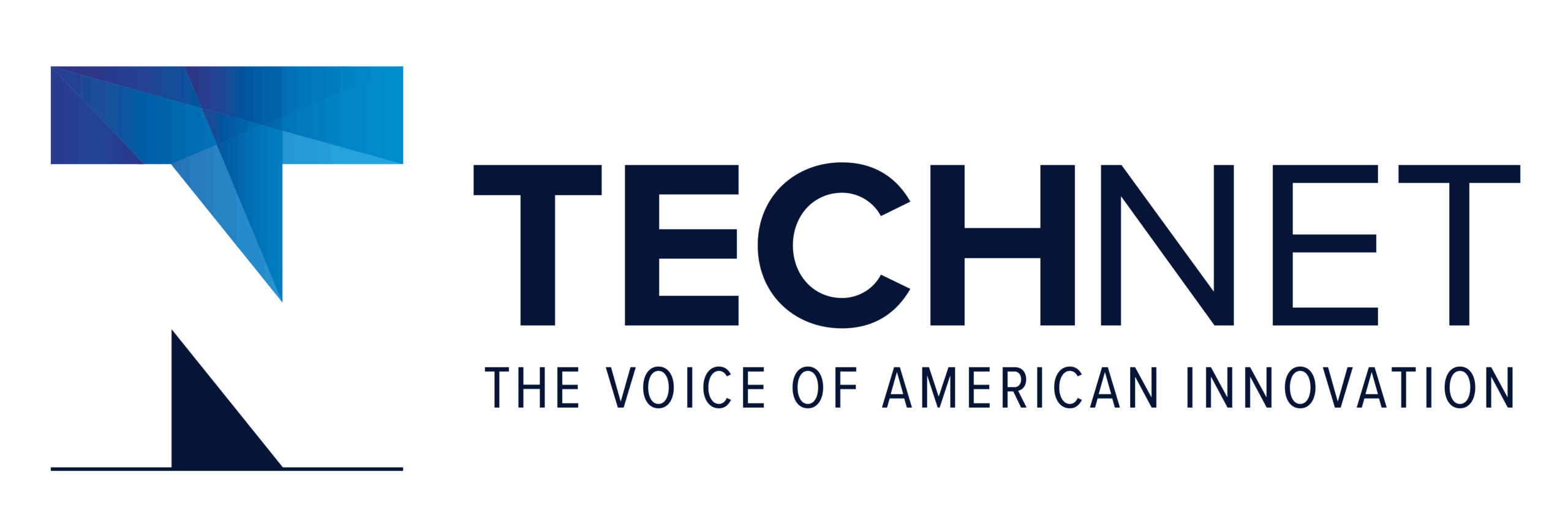The U.S. corporate tax system, largely shaped by the Tax Cuts and Jobs Act of 2017, and enhanced by provisions of the Inflation Reduction Act, provides a globally competitive tax rate that encourages companies to invest in America and benefits U.S. workers, families, and communities. Policymakers at all levels should maintain and build upon this successful tax system to encourage investment in American businesses. Specifically, Congress should preserve the 21% corporate tax rate to incentivize economic growth and provide the needed stability for businesses to invest in the United States.
It is important that federal tax policy encourages investments in private sector research and development (R&D) to ignite innovation, create jobs, and increase our global competitiveness. Congress should prioritize reinstating the ability for businesses to deduct R&D and software development expenses in the year they are incurred. Congress should also prioritize a permanent extension of full expensing for capital assets so cost recovery occurs in the year investments are made, which will help curb the impacts experienced during times of high inflation and higher interest rates that increase the cost to deploy capital expenditures. In addition, Congress should support the construction of semiconductor fabrication plants by extending the 25% advanced manufacturing investment credit under the CHIPS and Science Act, which has begun to reverse the decades-long decline in domestic semiconductor manufacturing.
Policymakers should also seek opportunities to support startups and entrepreneurs such as by promoting stock ownership, encouraging equity sharing for employees of startups, and preserving the preferential tax treatment of Qualified Small Business Stock. Congress should also make targeted reforms that allow startups to bring forward the value of their tax assets and provide fast and efficient capital availability. Congress should also permanently exclude capital gains taxes on investments in startup businesses that are held for more than five years.
Tax policies should not hinder innovation and growth. To maintain a competitive international tax system that promotes innovation and growth, Congress should preserve the Foreign Derived Intangible Income (FDII) rate, as enacted in TCJA. FDII is an essential component of the international tax system that not only encourages investment and innovation in the United States, but also contributes an important share of U.S. tax revenue. Congress must address the 1099-K reporting threshold before it impacts millions of Americans, such as casual sellers who use online marketplaces to sell used goods without generating taxable income. Additionally, U.S. policymakers should seek multilateral solutions, such as through the Organization for Economic Cooperation and Development’s inclusive framework, to combat the threat of discriminatory digital services taxes. In specific cases, such as taxes from Canada, the United States government should challenge these taxes using all appropriate leverage. Similar targeted taxes proposed against the digital economy by state legislatures or taxing agencies should be vigorously defended against and defeated to ensure this activity is not competitively disadvantaged in the global economy.



